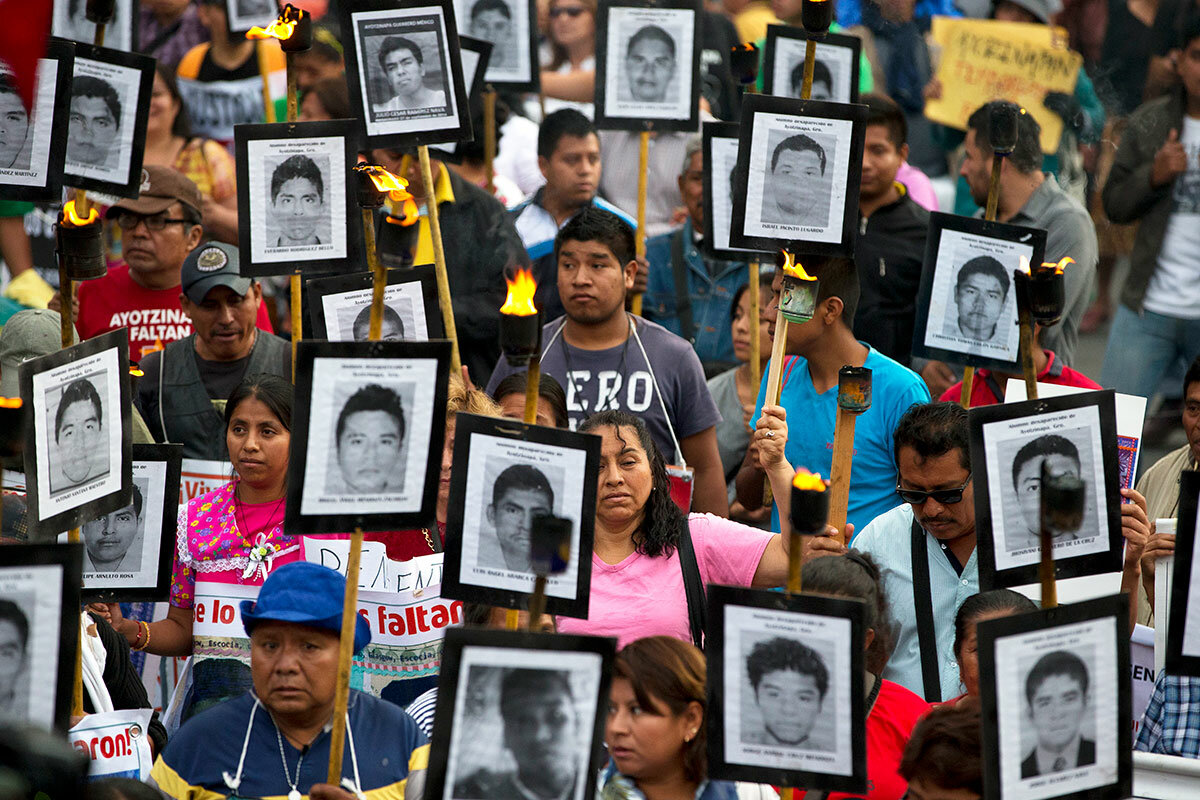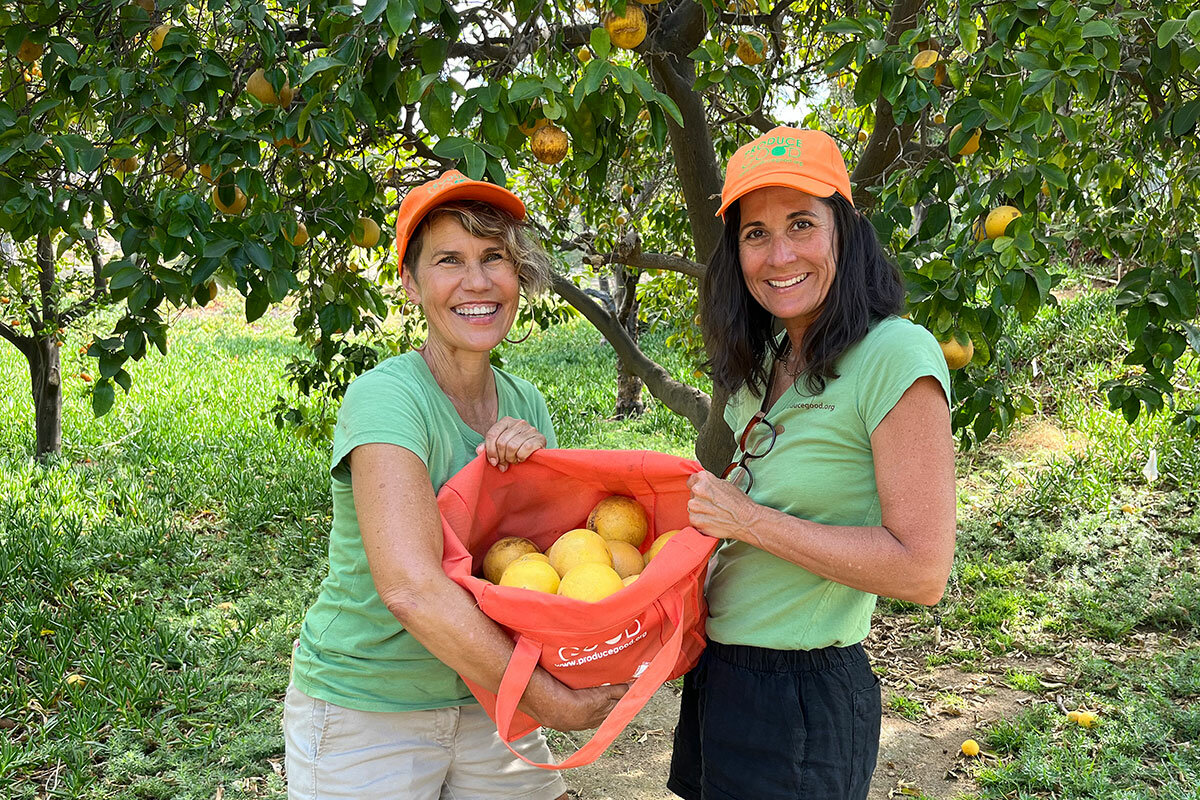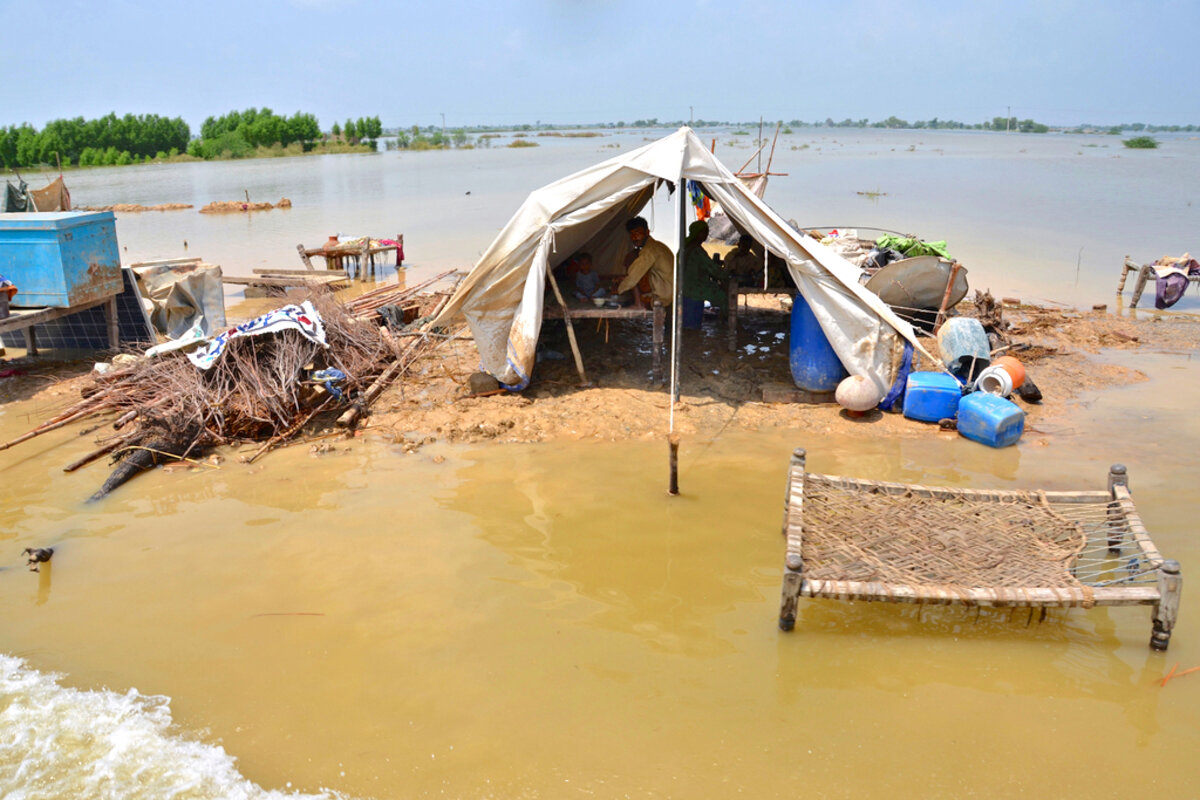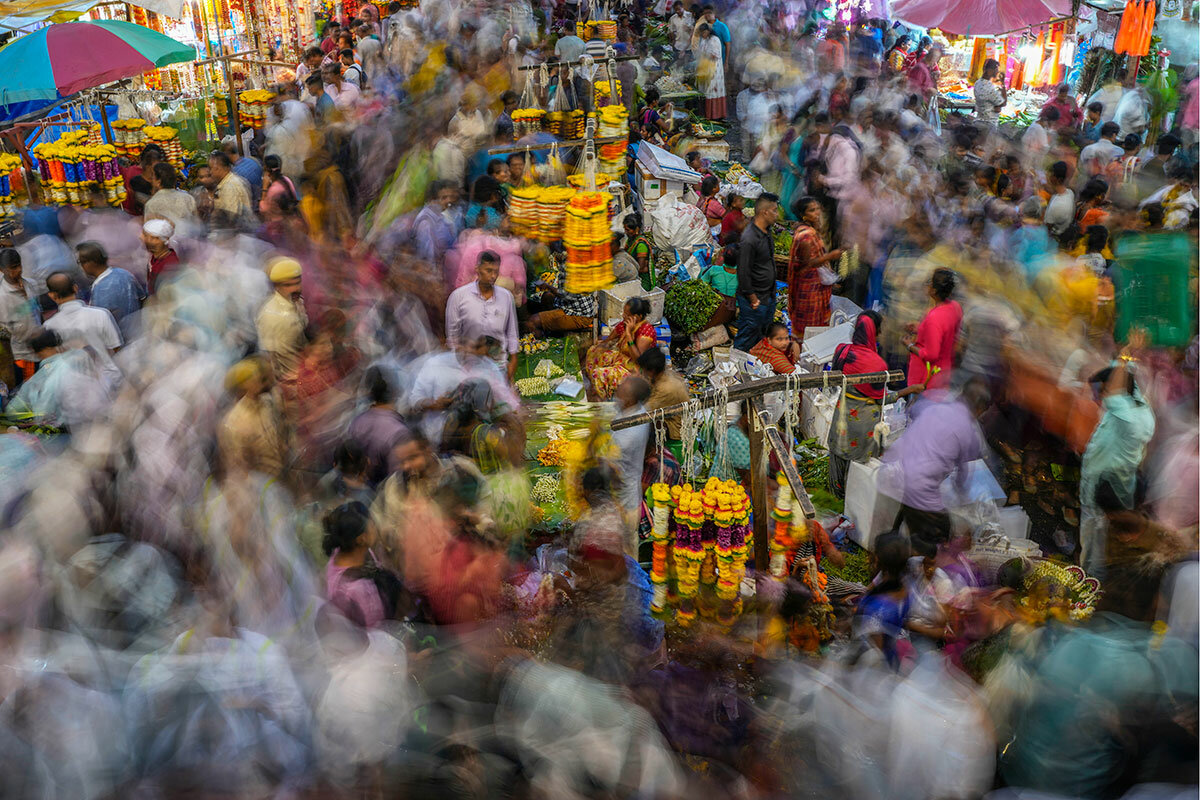Trust in government has never been particularly high in Mexico. But the public admission of the state’s role in the abduction of 43 students may produce accountability and a reason to restore some trust.
Monitor Daily Podcast
- Follow us:
- Apple Podcasts
- Spotify
- RSS Feed
- Download
 Howard LaFranchi
Howard LaFranchi
As I stood to offer a toast to the newlywed Ukrainian couple seated at the opposite end of the banquet table, the moment struck me as an amazing side benefit of my job as a Monitor reporter.
A couple of hours earlier I’d arrived from Odesa with the Monitor’s Ukraine assistant Oleksandr Naselenko for an interview with farmers in the Black Sea-fronting Mykolaiv region, where a port exporting grain had recently reopened. The farmer and his wife, Serhii and Tetiana Khoroschiak, greeted us on the edge of a harvested barley field with warm smiles and handshakes – but also with a condition for giving the interview.
We would have to agree to attend their son’s wedding luncheon once the interview was over.
One does not say “no” when one of those insisting stands before you in her lovely mother-of-the-bridegroom brocade dress and matching black sandals.
We on the other hand were not dressed for the occasion. Photos taken later of me with newlyweds Yulia and Yevhen holding their wedding cake reveal that I was in shorts and a T-shirt.
That mattered not at all to the dozen family members feting the newlyweds at the Novofedorivka village community center. As we feasted on an endless spread of stuffed cabbage leaves, smoked mackerel, marinated eggplant, liver pie, and more, the conversation shifted between a focus on Yulia and Yevhen and America’s support for Ukraine.
Yevhen will go on helping out on the family farm – his specific task being to tend 600 ducks – while Yulia will continue as a nurse in nearby Mykolaiv city.
Then it was time for a toast. We all got teary-eyed when Papa Khoroschiack broke down as he expressed his sorrow that a terrible war was the backdrop for the otherwise happy occasion of his son’s wedding.
Then I was asked to speak. In that moment I found myself thinking back to another time when reporting for the Monitor had unexpectedly landed me at a wedding, that one on the Chilean island of Chiloe. The kids in attendance had tried to teach me a Chiloean folk dance, but I’d failed miserably.
I figured a toast had to be easier. I rose, and with Oleksandr translating, wished the smiling couple happiness and prosperity – and assured them that America’s support and love for Ukraine was there for them, present in the room.










